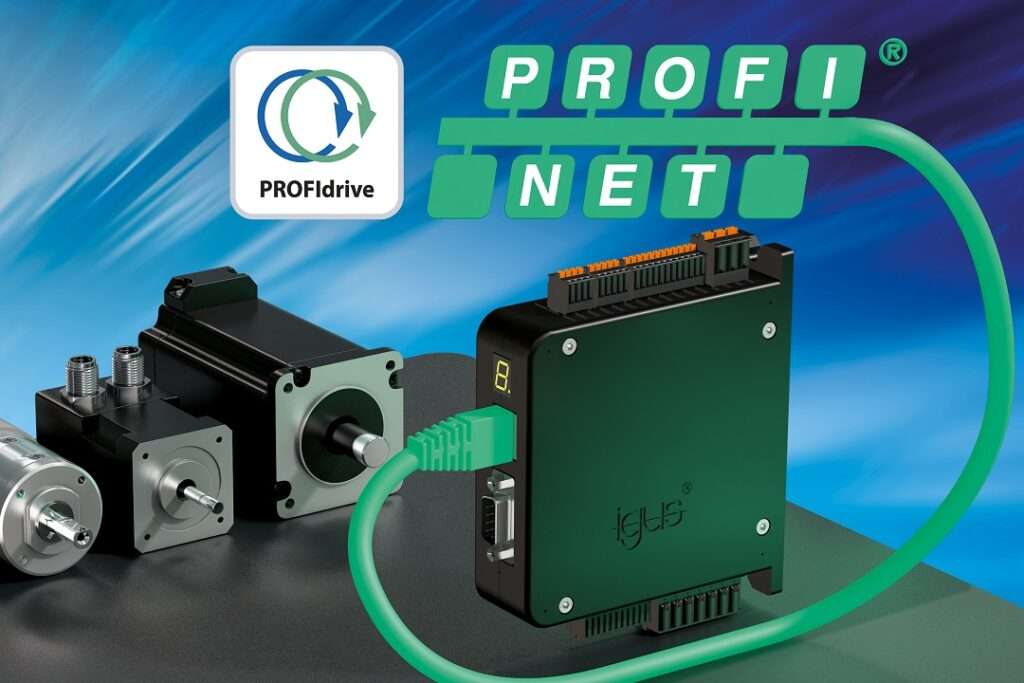TI Clean Mobility, part of the Murugappa Group, is setting its sights on reaching a turnover of USD 1 billion within the next four to five years. To meet this goal, the company plans to speed up the rollout of new electric vehicles, according to Managing Director Jalaj Gupta.
Currently offering a range of electric models—including small and large commercial vehicles, tractors, and passenger three-wheelers under the Montra Electric brand—TI Clean Mobility has now entered the cargo three-wheeler segment. The move is part of a broader strategy to diversify its electric vehicle portfolio and capture a larger share of the growing EV market.
“We are aiming to become a USD 1 billion company by FY29 or FY30,” said Mr Gupta. In the recently completed financial year (FY25), the company recorded a consolidated turnover of ₹650 crore. With fresh funding of ₹3,000 crore secured, TI Clean Mobility is investing heavily in product development and infrastructure to support its expansion plans.
Over the next 6 to 12 months, the company plans to introduce a new electric tractor in the 40-50 HP range, in addition to its existing 27 HP model. Plans are also underway to add new variants in the heavy commercial vehicle category, including electric tippers.
In the small commercial vehicle space, TI Clean Mobility is exploring opportunities such as an electric ambulance to leverage government incentives, and an electric bus based on its current 3.5-tonne platform. For the three-wheeler segment, the company intends to expand into the e-rickshaw market and offer battery options in addition to its current 10.6 kWh pack used in the passenger auto.
Mr Gupta shared the company’s revenue expectations across product lines, estimating that 50% of future turnover will come from heavy commercial vehicles, 20% each from small vehicles and three-wheelers, and 10% from electric tractors.
The company currently operates four production facilities—three near Chennai and one in Manesar, Haryana. Gupta noted that current manufacturing capacity is adequate for the next few years. The Manesar plant can produce up to 6,000 heavy vehicles annually. The company’s capacity for small vehicles stands at 50,000 units per year, while the three-wheeler production lines can handle 70,000 units, including both passenger and cargo models. Electric tractor output is set at 25,000 units annually.
TI Clean Mobility’s new electric cargo three-wheeler, the SUPER CARGO, marks its entry into the last-mile delivery sector. Priced from ₹4.37 lakh (ex-showroom Delhi, post-subsidy), it offers a range of over 200 km under standard test conditions and up to 170 km in typical use. The vehicle runs on a 13.8 kWh lithium-ion battery and will also feature a rapid-charging version capable of full recharge in just 15 minutes. Currently present in 101 Indian markets, the company plans to expand to 150 locations by FY26 and has already sold more than 10,000 units.








